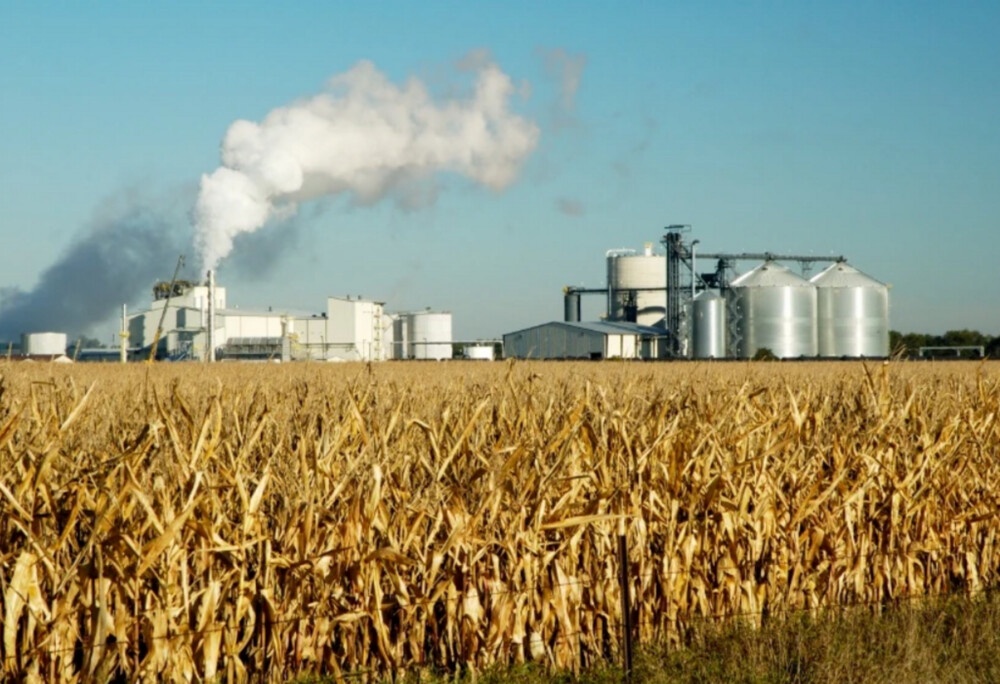Agricultural fuel serves as the lifeblood of farm operations, powering a wide array of machinery and equipment essential for crop cultivation, harvesting, and other agricultural tasks. However, the storage and handling of agricultural fuel present inherent safety risks that demand careful attention and proactive management. In this comprehensive guide, we will explore the best practices for agricultural fuel storage and handling, emphasizing the importance of farm safety, environmental protection, and regulatory compliance.
Importance of Proper Storage Facilities:
Effective fuel storage facilities are the foundation of safe and efficient fuel management on farms. Investing in high-quality fuel storage tanks that comply with industry standards and regulatory requirements is essential. These tanks should be designed to withstand the rigors of farm environments and prevent leaks, spills, and environmental contamination.
Location and Placement:
The location and placement of fuel storage tanks are critical considerations for farm safety. Tanks should be situated in designated areas away from buildings, water sources, and environmentally sensitive areas. Adequate clearance should be maintained around tanks to allow for inspection, maintenance, and emergency access. Additionally, tanks should be positioned on stable ground to prevent tipping or sinking, reducing the risk of accidents.
Tank Maintenance and Inspection:
Regular maintenance and inspection are paramount for ensuring the reliability and safety of fuel storage tanks. Farmers should establish a proactive maintenance schedule that includes routine inspections, leak detection tests, and tank integrity assessments. Any signs of corrosion, damage, or wear should be promptly addressed to prevent potential hazards and ensure the longevity of the tank.
Secondary Containment Measures:
Secondary containment measures, such as dikes, berms, or spill containment pallets, provide an additional layer of protection against spills and leaks. These measures help contain fuel releases and prevent environmental contamination in the event of a tank failure or accident. Farmers should assess the need for secondary containment based on the size of their fuel storage facility and the proximity to sensitive areas.
Spill Response and Emergency Preparedness:
Despite preventive measures, spills and accidents can still occur. Farmers should have a well-defined spill response plan in place to effectively manage emergencies and minimize their impact. This plan should outline procedures for containing spills, notifying authorities, and initiating cleanup efforts promptly. Regular training and drills are essential to ensure that all personnel are familiar with their roles and responsibilities during a spill response.
Employee Training and Awareness:
Proper training and awareness among farm workers are crucial for promoting safe fuel handling practices. Farmers should provide comprehensive training on fuel storage, handling, and emergency procedures to all personnel involved in fuel-related activities. Employees should be educated on the hazards of fuel exposure, proper PPE usage, and safe handling techniques to mitigate risks effectively.
Fire Safety Precautions:
Fire safety is a primary concern when storing and handling agricultural fuel supplier. Farmers should implement fire prevention measures, such as installing fire extinguishers, smoke detectors, and fire suppression systems in fuel storage areas. Additionally, smoking, open flames, and other ignition sources should be strictly prohibited near fuel storage facilities to minimize the risk of fire incidents.
Environmental Protection:
Protecting the environment from fuel spills and contamination is a fundamental responsibility of farmers. Proper fuel storage and handling practices, combined with spill prevention measures, help minimize the risk of environmental harm. Farmers should comply with regulatory requirements for fuel storage and pollution prevention to safeguard natural resources and wildlife habitats.
Regular Equipment Inspection and Maintenance:
In addition to fuel storage tanks, farm equipment such as pumps, hoses, and dispensing units require regular inspection and maintenance to ensure safe operation. Farmers should conduct thorough inspections of equipment components, identify any signs of wear or damage, and perform necessary repairs or replacements promptly. Regular maintenance helps prevent equipment failures and reduces the risk of fuel spills or leaks during operation.
Compliance with Regulations and Standards:
Compliance with regulatory requirements and industry standards is essential for ensuring the safety and legality of agricultural fuel storage and handling practices. Farmers should familiarize themselves with applicable regulations, such as those governing tank design, installation, and maintenance, and strive to meet or exceed established standards. Regular audits and inspections can help ensure compliance and identify areas for improvement.
Conclusion:
Proper storage and handling of agricultural fuel are essential for farm safety, environmental protection, and regulatory compliance. By following the best practices outlined in this guide, farmers can mitigate risks, prevent accidents, and ensure the safe and responsible management of agricultural fuel resources. By prioritizing safety measures, investing in infrastructure, and fostering a culture of awareness and accountability, farmers can safeguard their operations and contribute to a safer, more sustainable agricultural industry.


No comments yet